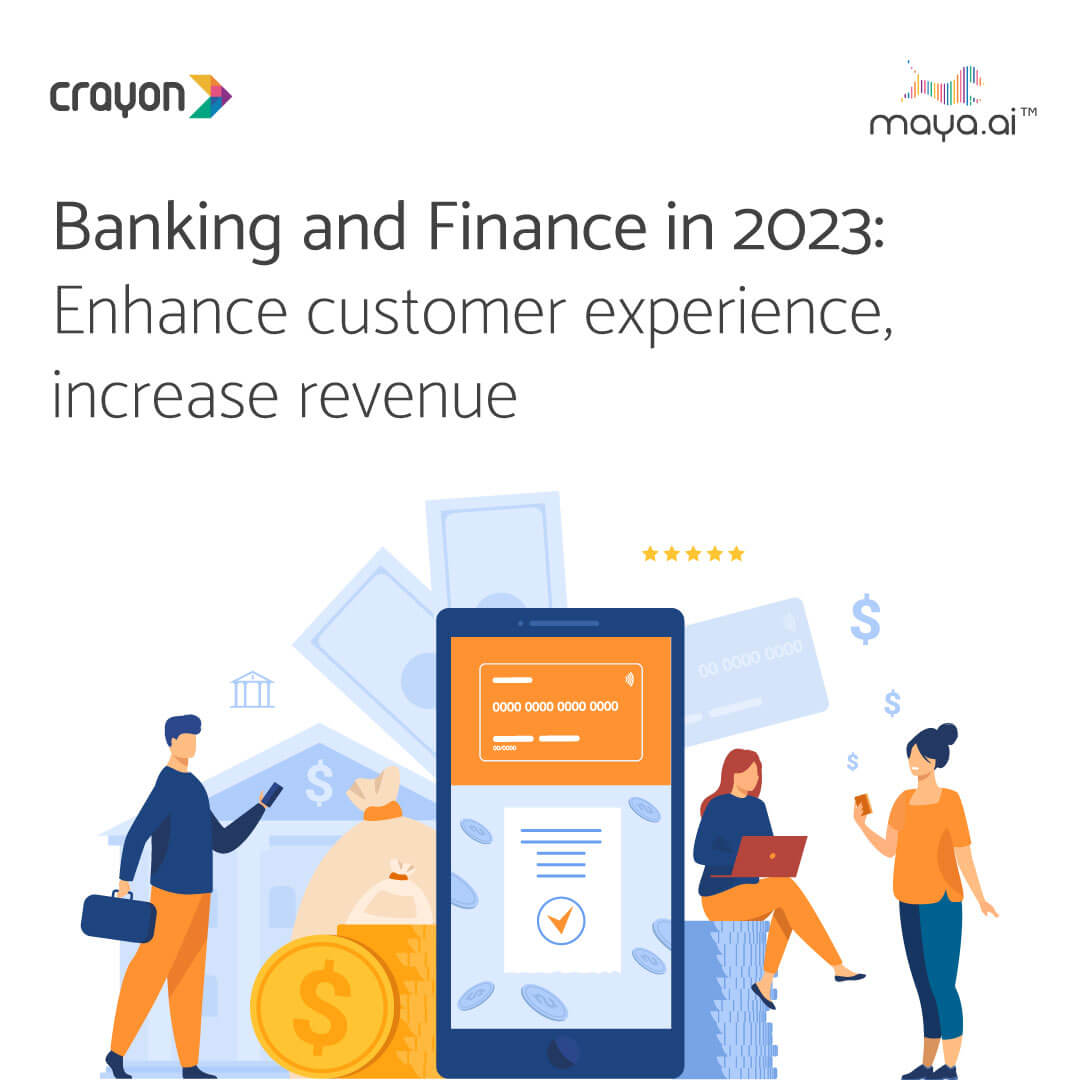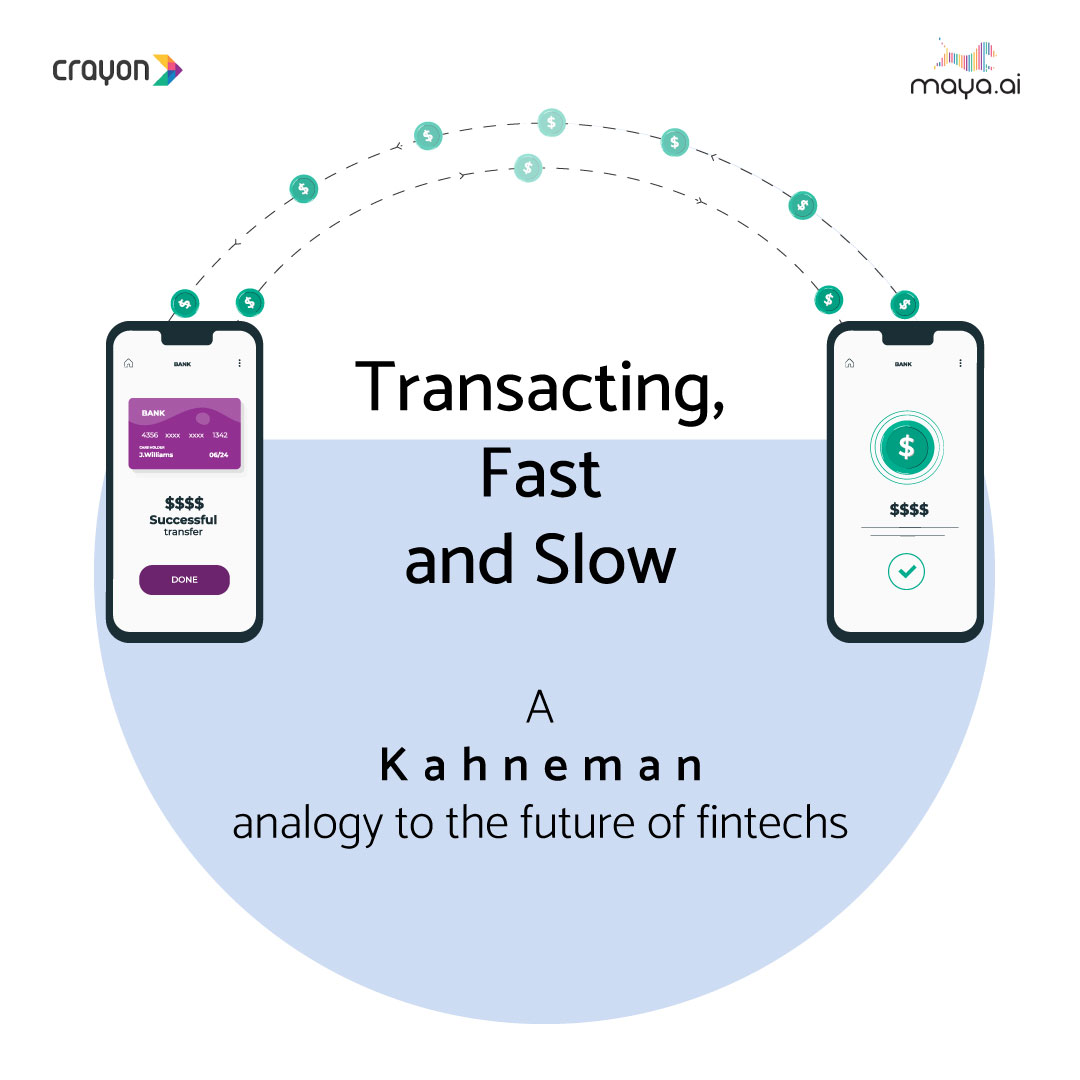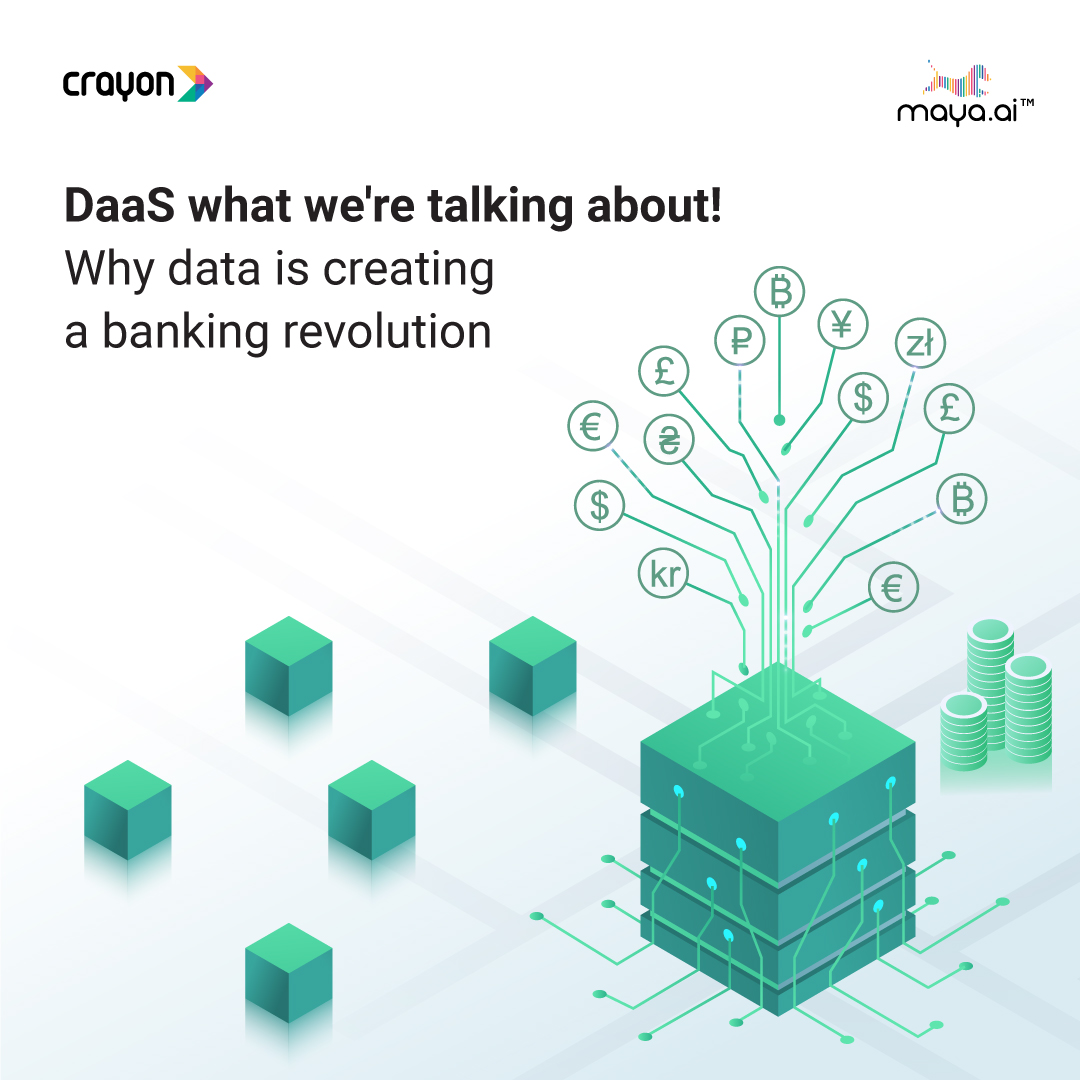Artificial Intelligence (AI) has been a game-changer across various industries, and the legal and contracting domain is no exception. Traditionally, the legal sector has been notorious for its heaps of paperwork, time-consuming research, and expensive legal fees. AI is now providing a breath of fresh air by automating many of these labor-intensive tasks. The global AI in legal and contracting market is expected to grow from ~$1.5 billion in 2020 to ~$3.29 billion by 2023.
For banks, contracts are the backbone of their operations, governing everything from loans and mortgages to mergers and acquisitions. The banking industry has been quick to adopt AI in this area, given the potential for increased efficiency, risk mitigation, and cost savings.
Contract Analysis and Due Diligence
Tools like ThoughtRiver and eBrevia use AI algorithms to scan and review large volumes of contracts swiftly. These AI systems can identify and flag potential risks, anomalies, or non-compliance issues, allowing legal teams to focus on critical issues.
Take for instance a bank looking to acquire another financial institution. They have to sift through thousands of contracts to ensure compliance. AI-driven platforms can analyze these contracts in record time, pinpointing potential red flags or issues that need human attention. This not only saves time but also reduces the likelihood of costly errors.
Contract Lifecycle Management
The complete lifecycle of a contract, from creation and negotiation to execution and management, can be streamlined through AI. Tools like Icertis and Conga enable banks to automate the creation of contracts and track changes in real-time. This ensures that all parties involved are on the same page and helps in managing compliance.
Banks can use AI to generate loan agreements and mortgage contracts, customize them according to specific customer needs, and track any amendments or renewals automatically. This level of automation minimizes human error and streamlines the process, ultimately benefiting both the bank and its customers.
Contract Review and Abstraction
Contract abstraction, a vital process in the banking industry, is becoming more efficient thanks to AI. Software like Evisort and Kira offer the capability to abstract essential information from contracts, making it readily accessible for future reference or audits.
When banks handle numerous mortgage or loan agreements, they need to extract relevant terms and conditions for analysis or auditing. AI can automatically abstract key data points, such as interest rates, maturity dates, and repayment terms, reducing the time and resources needed for these tasks.
Contract Compliance and Risk Mitigation
AI plays a pivotal role in ensuring that banks remain compliant with ever-evolving regulatory requirements. Machine learning algorithms can detect discrepancies or non-compliance issues in real-time, minimizing legal risks and financial penalties.
If a bank is handling customer accounts and needs to ensure compliance with the latest data protection regulations, AI systems can continuously monitor data access and usage. They can flag any unusual activities or potential breaches, allowing the bank to take prompt action to mitigate risks.
NLP in Banking Contracts
Natural Language Processing (NLP) is a subset of AI that helps banks process unstructured text data from contracts, emails, and other sources. This is particularly useful when dealing with agreements that might have inconsistencies or varying formats.
Banks often receive loan applications from customers via email. These applications may be in various formats and not easily machine-readable. NLP algorithms can extract key information from these emails, such as the loan amount, interest rate, and repayment schedule, which can then be processed in the bank’s system.
Beyond improving efficiency, AI is also a cost-saving measure in the banking industry.
- Reduced Legal Fees: By automating routine legal tasks, banks can significantly reduce their reliance on external legal counsel. This not only lowers legal fees but also accelerates the pace of contract review and negotiation.
- Faster Decision-Making: Faster contract analysis and due diligence mean quicker deal closures, which can directly translate into increased revenue for banks.
- Lower Compliance Costs: The cost of non-compliance can be substantial. AI-driven systems help banks detect and address compliance issues in real-time, thus reducing the potential financial penalties.
- Minimized Human Error: Automating processes reduce the likelihood of costly human errors that can lead to disputes, litigation, or financial losses.
While AI has the potential to transform the legal and contracting landscape for banks, there are challenges and ethical considerations to keep in mind. Banks handle sensitive customer information, making data security a top priority. AI systems need to be robust in safeguarding this data to prevent breaches.
AI algorithms can inherit biases present in their training data. It’s essential to ensure that AI tools don’t perpetuate or amplify existing biases in the financial industry. While AI can automate many tasks, human oversight remains crucial, especially in legal matters where nuances and ethical considerations play a significant role.
AI is reshaping the legal and contracting landscape in the banking industry, making it more efficient, cost-effective, and risk-aware. Banks are increasingly embracing AI-driven solutions to streamline their contract management processes, from analysis and review to compliance and risk mitigation. The adoption of AI in banking is not just a technological shift; it’s a strategic move towards staying competitive and agile in a rapidly evolving financial landscape.
As AI continues to evolve, it will be fascinating to see how banks further integrate this technology into their daily operations, leading to more innovation and improved customer experiences. The future of banking and finance is undeniably intertwined with AI, and its influence is bound to be transformative.
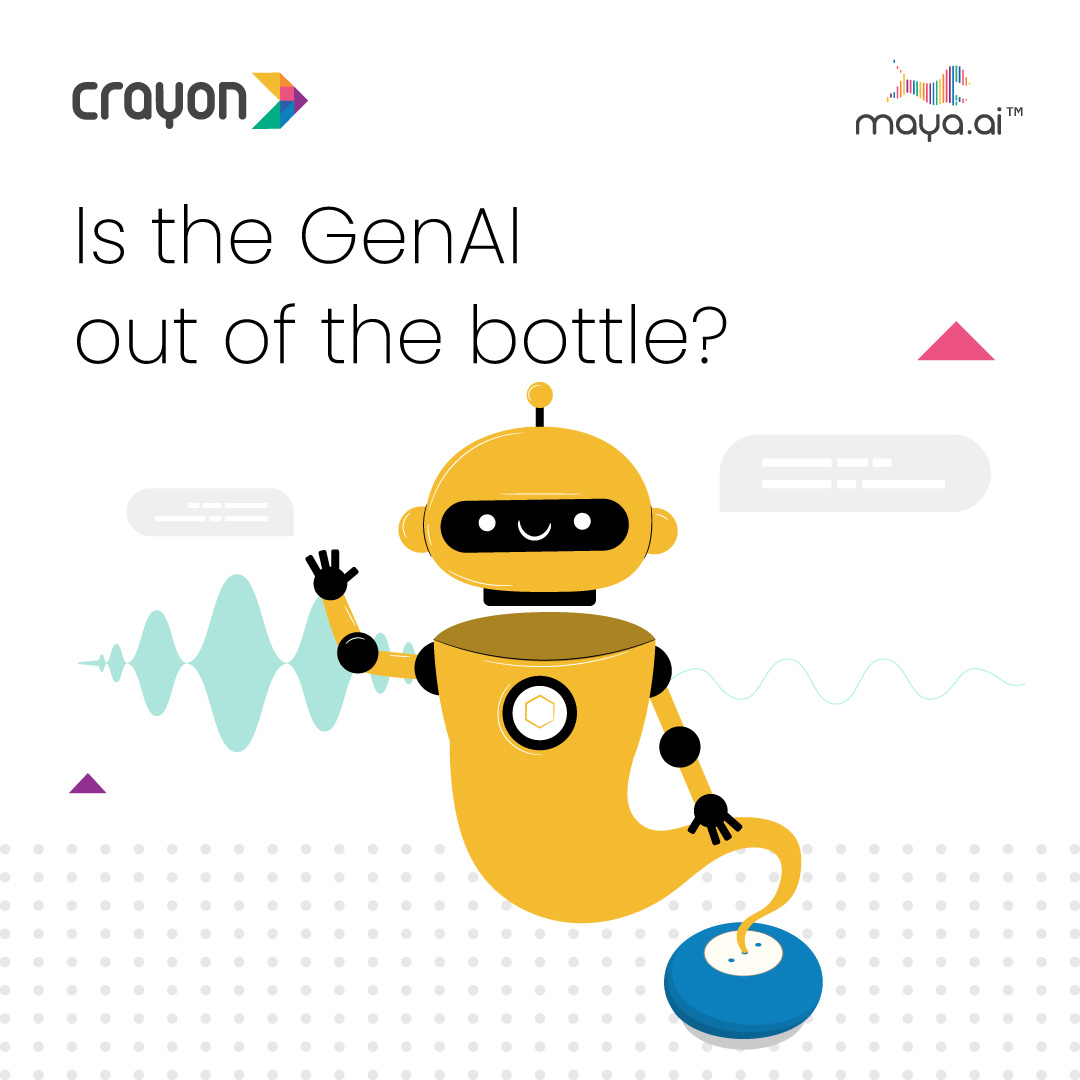
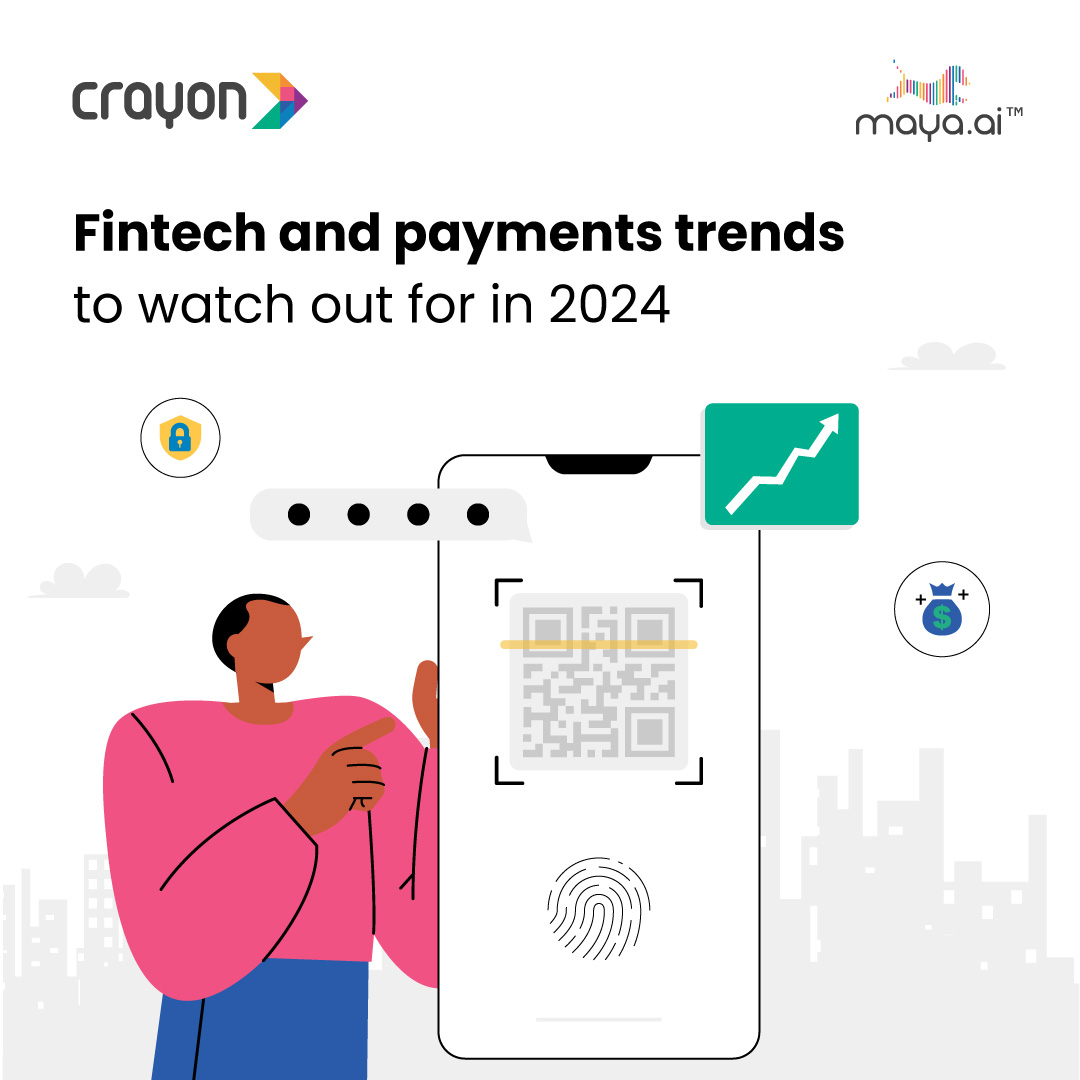

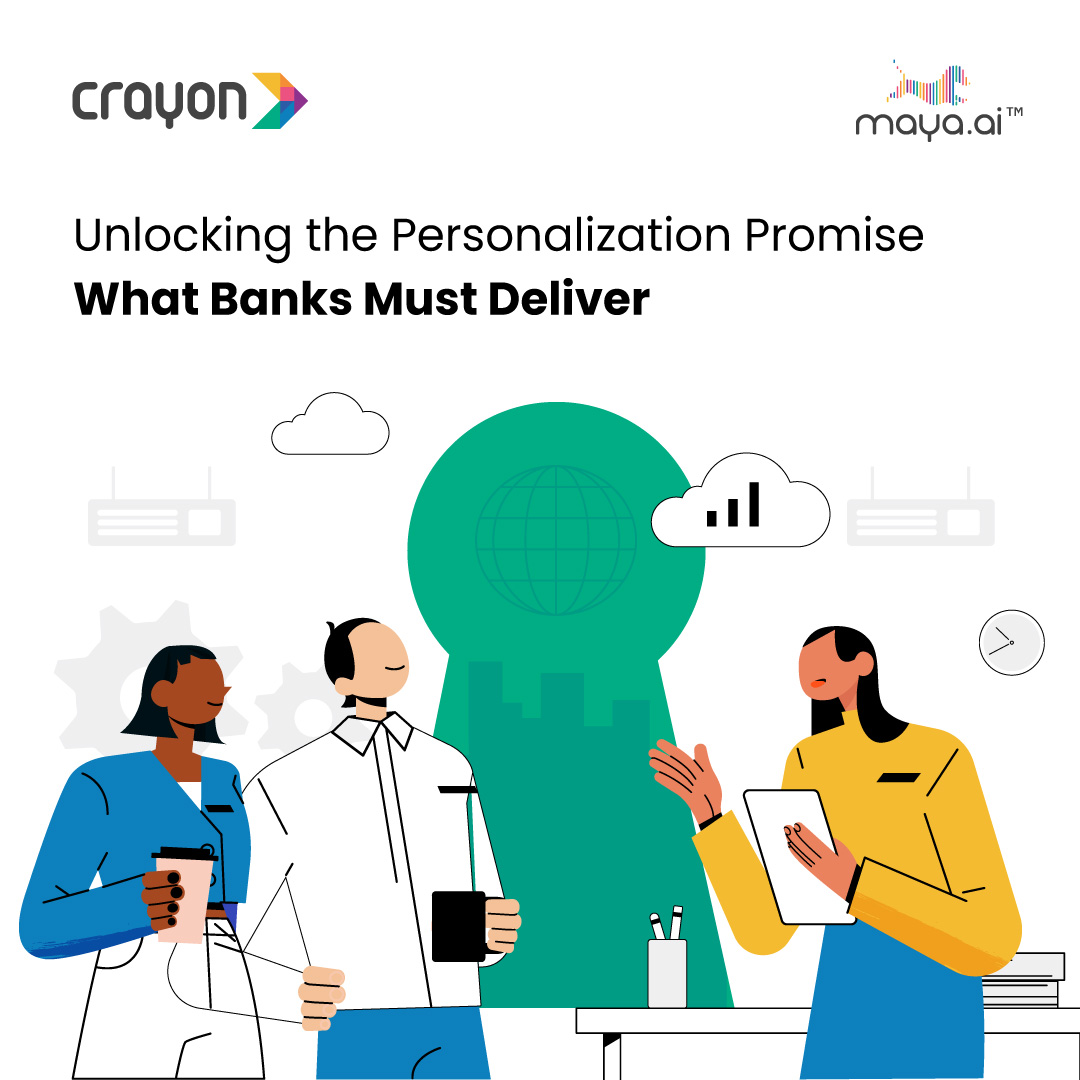


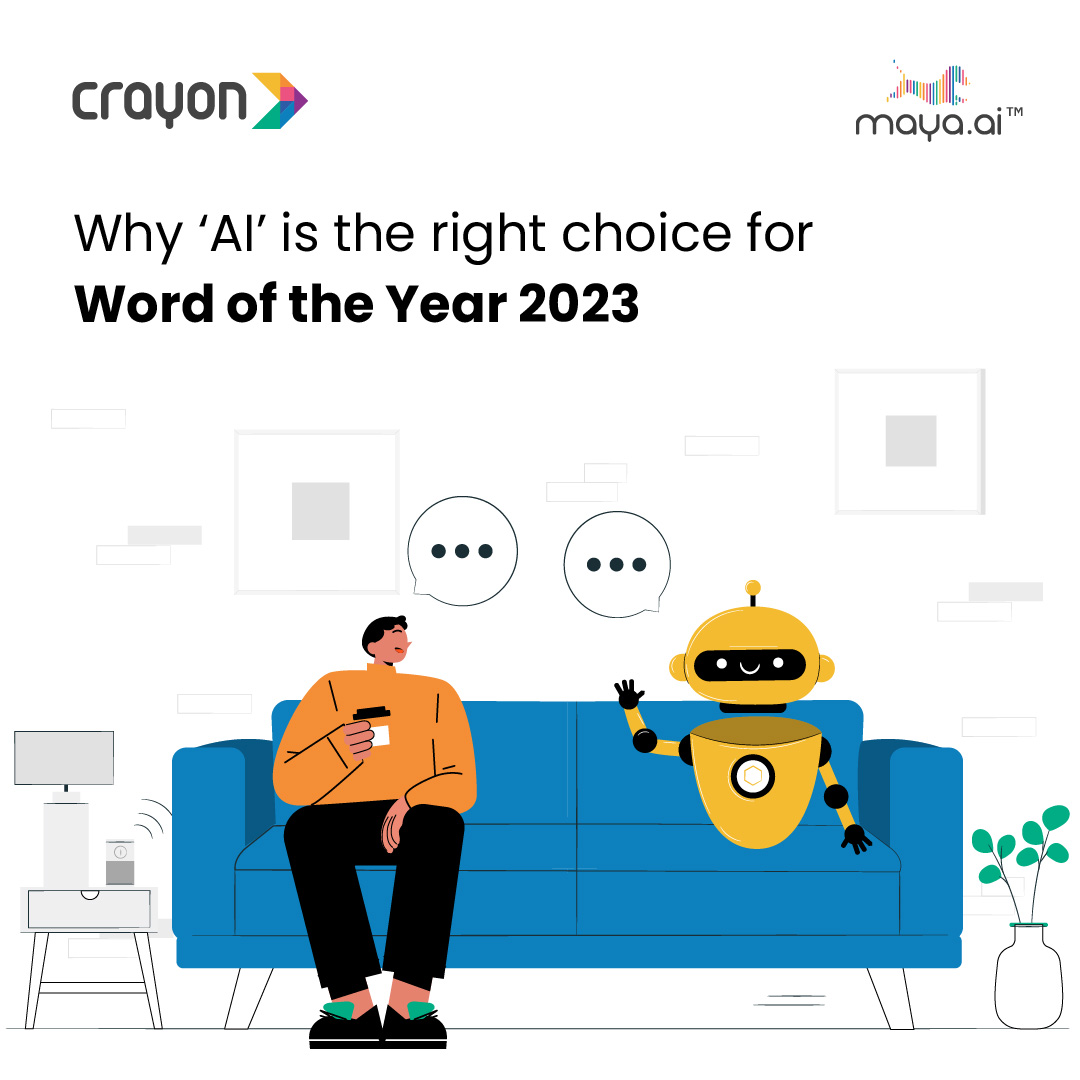
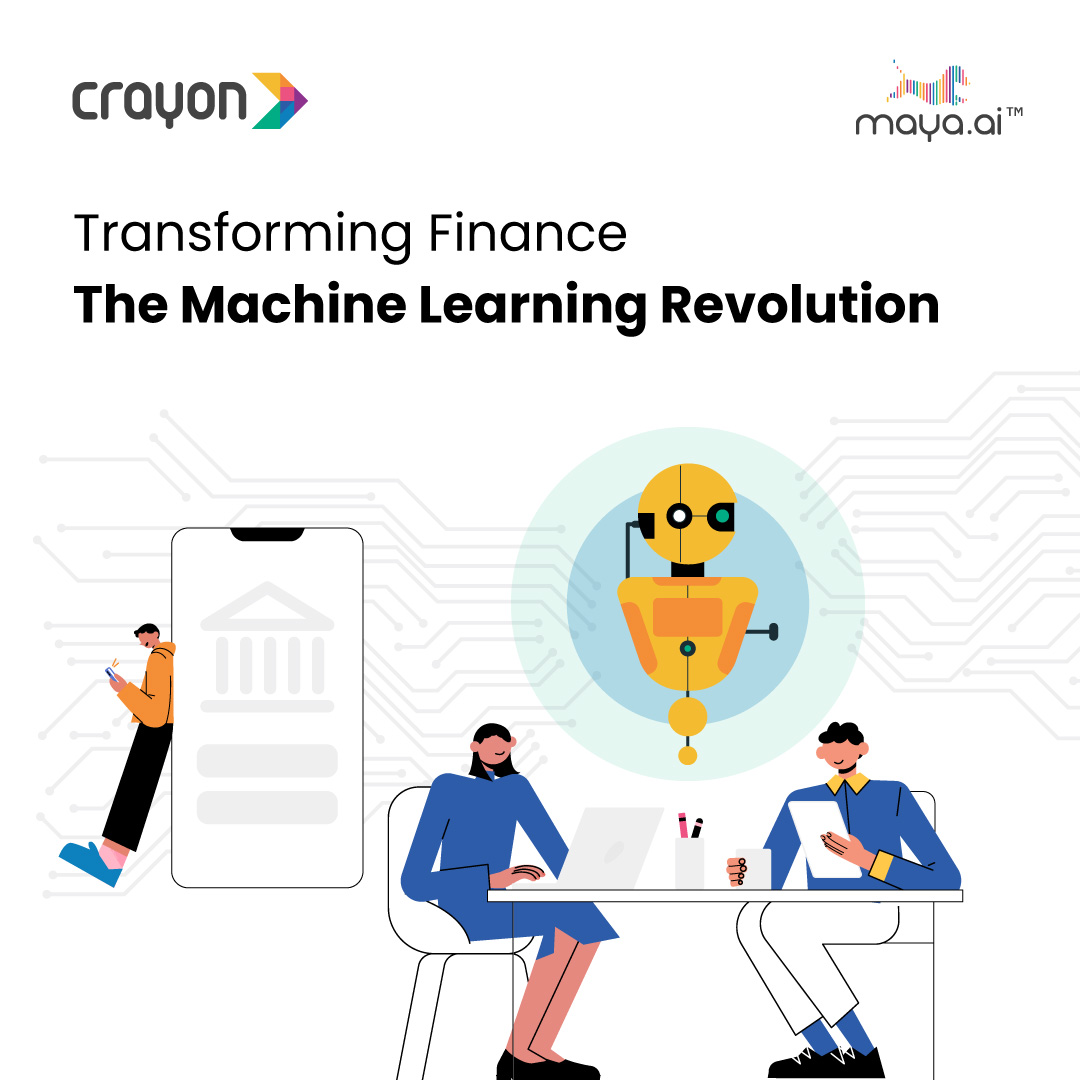
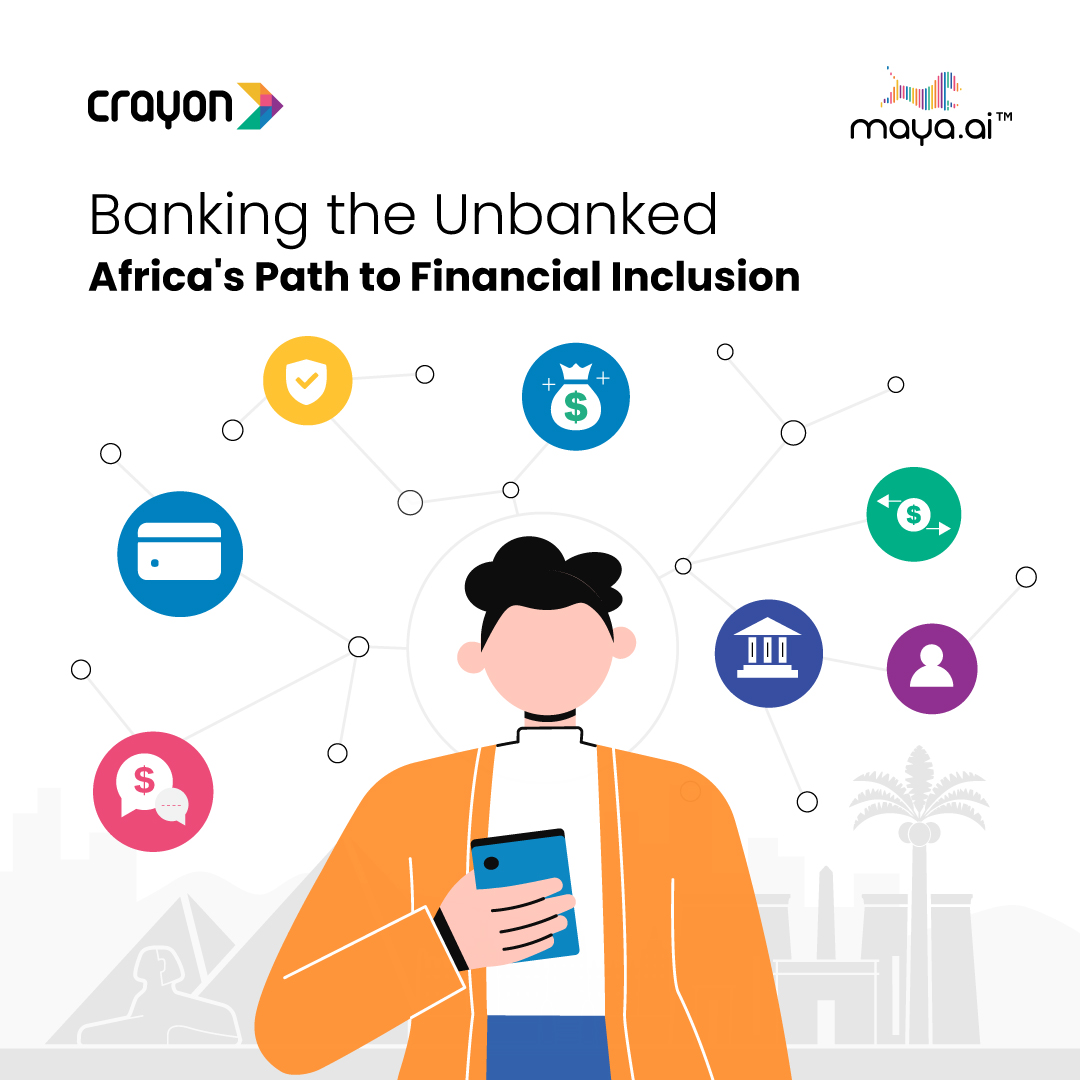


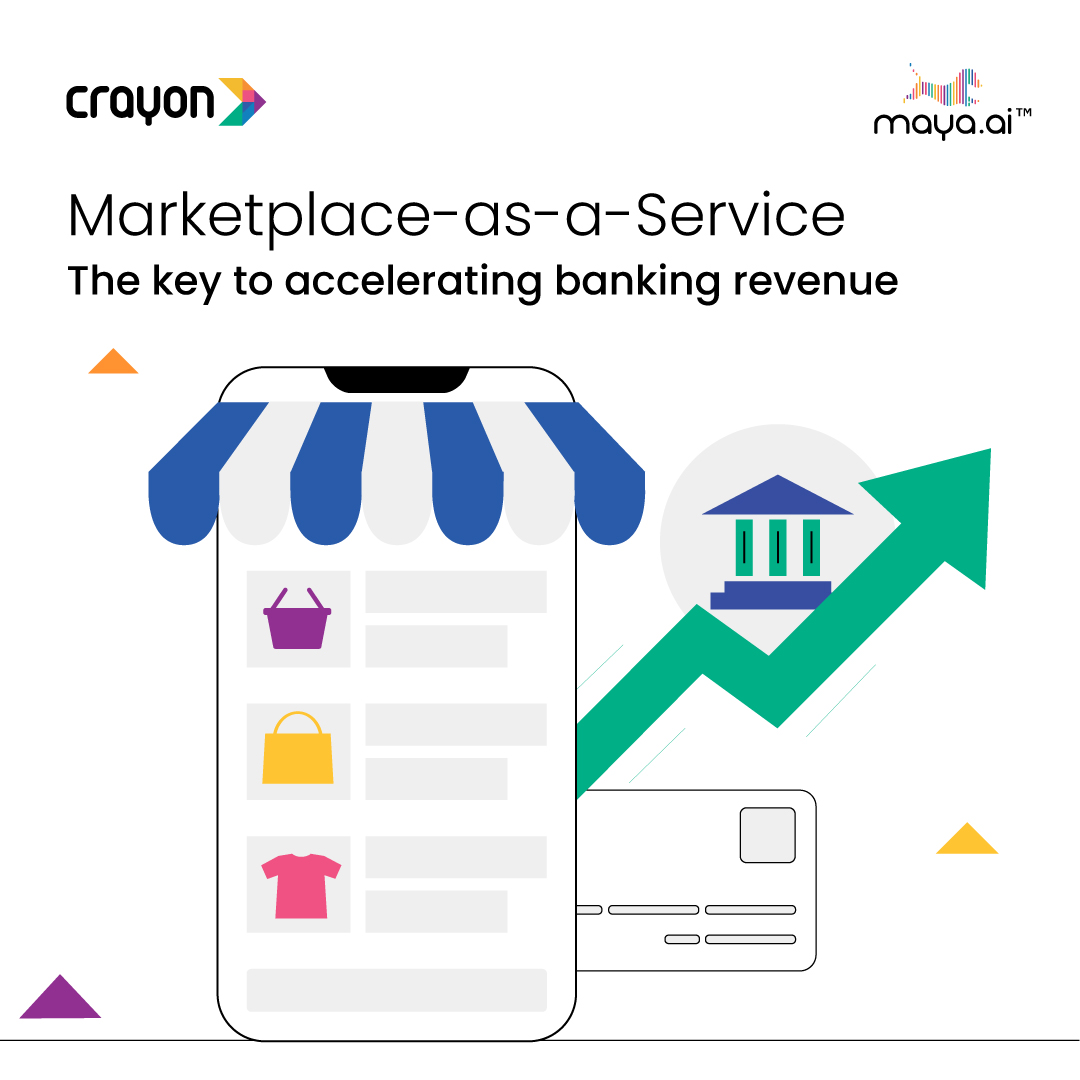


![Slaves to the Algo: AI podcast by Suresh Shankar [Season 1]](https://crayondata.ai/wp-content/uploads/2023/07/AI-podcast-by-Suresh-Shankar.jpg)
![Slaves to the Algo: an AI podcast by Suresh Shankar [Season 2]](https://crayondata.ai/wp-content/uploads/2023/08/version1uuid2953E42B-2037-40B3-B51F-4F2287986AA4modecompatiblenoloc0-1.jpeg)
